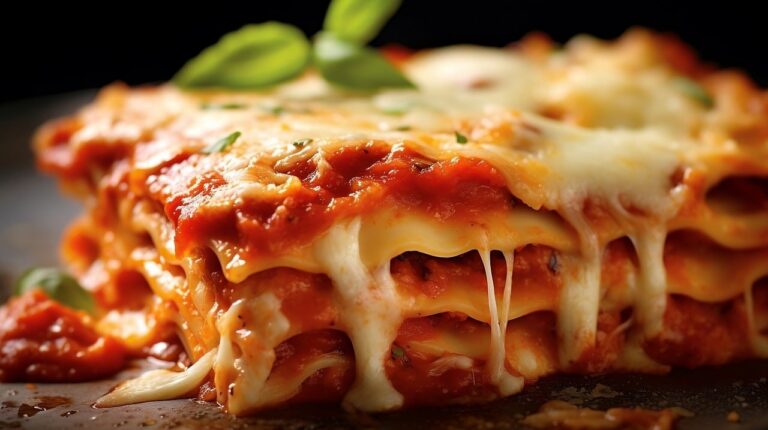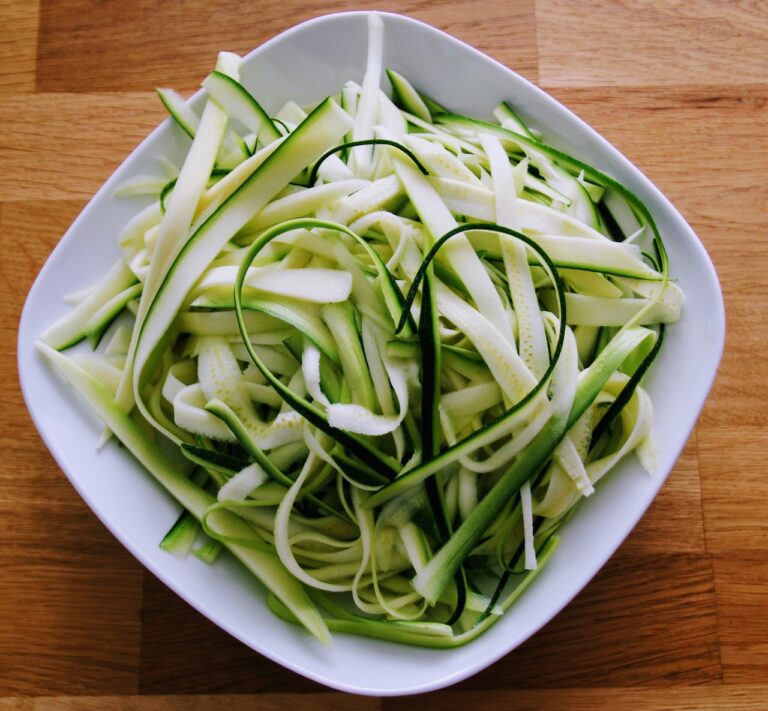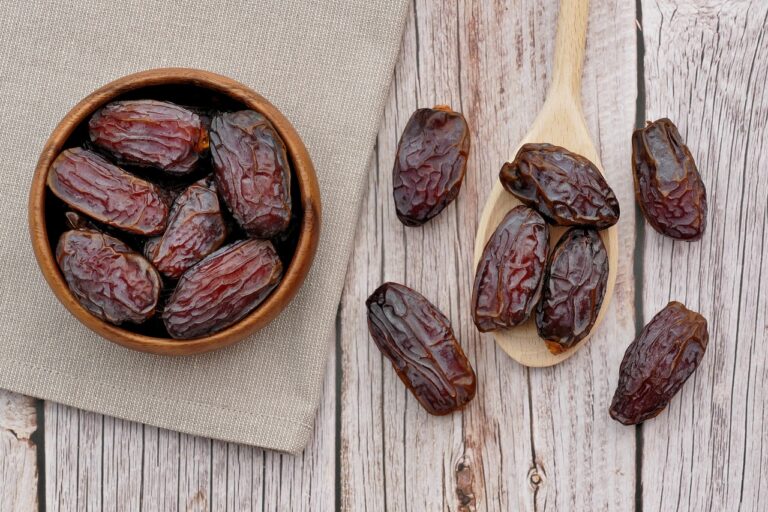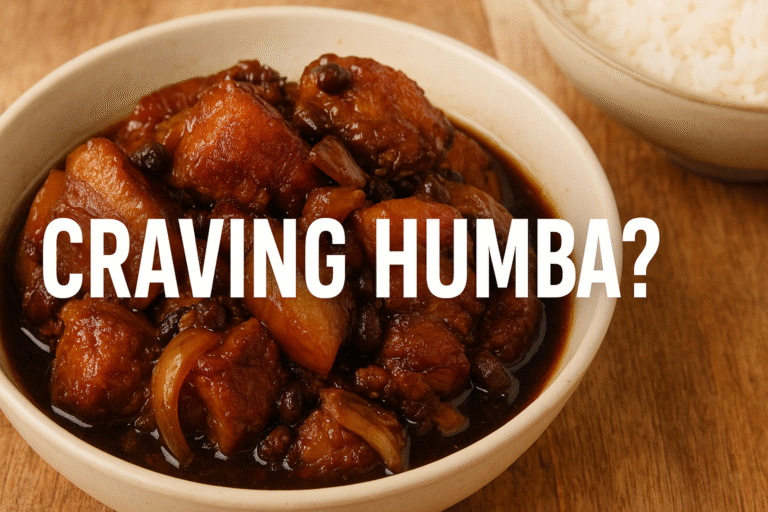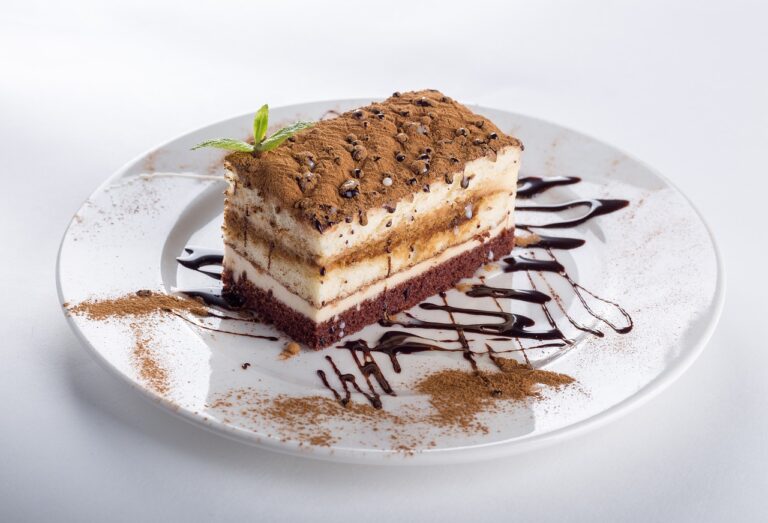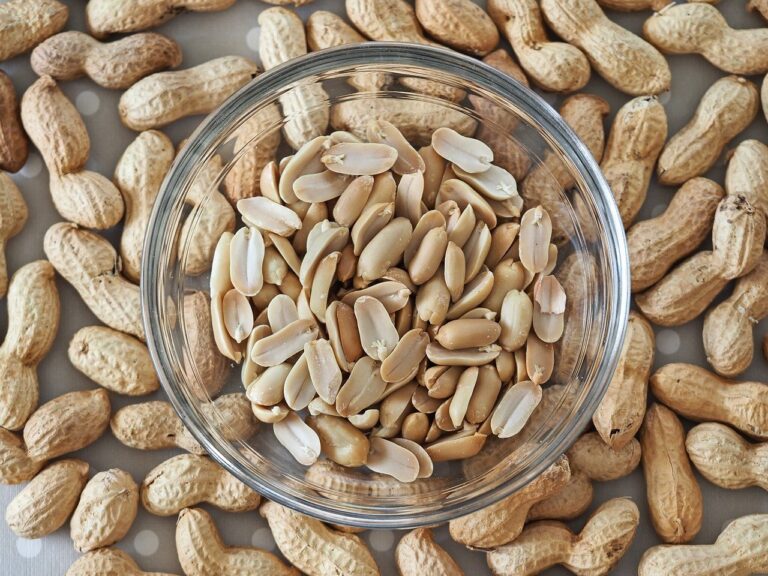10 Irresistible Reasons Why You Are Craving French Fries
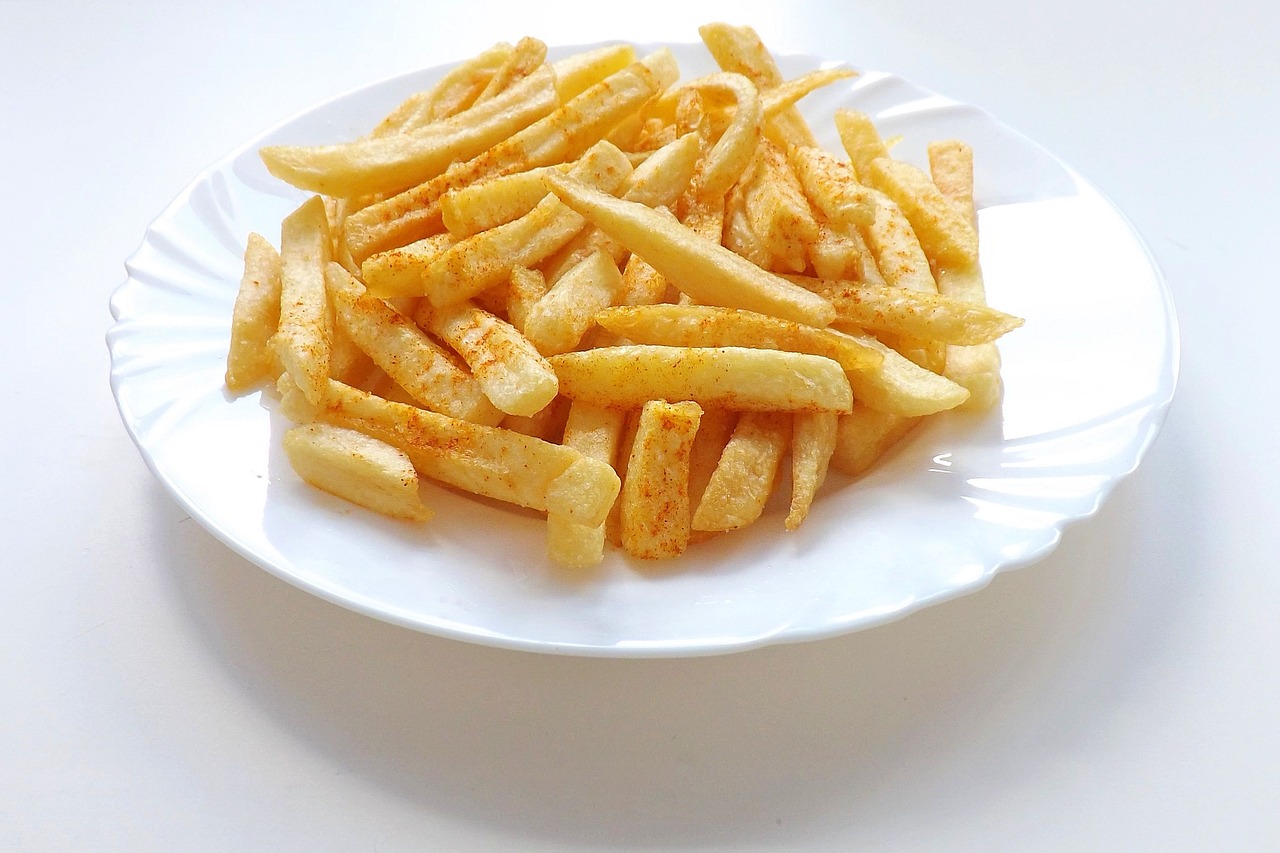
French fries, those golden, crispy sticks of potato, are a global comfort food favorite. Many of us experience strong cravings for this delicious snack, but have you ever wondered why? This article explores ten reasons behind our frequent yearnings for french fries, shedding light on the psychological, physiological, and cultural factors at play.
Why Am I Craving French Fries?
1. High Salt Content
French fries are often generously salted, which can trigger cravings due to our body’s natural inclination towards sodium. Sodium is an essential electrolyte that helps with fluid balance, nerve transmission, and muscle function. When we consume salt, our brains receive a pleasurable signal, encouraging us to eat more. This biological response can make french fries especially hard to resist.
Moreover, the craving for salty foods like french fries can be exacerbated by factors such as dehydration or an electrolyte imbalance. When our bodies are in need of sodium, we might find ourselves specifically craving salty snacks, making french fries a go-to option for quick satisfaction.
2. The Pleasure Principle
Eating french fries activates the reward centers in our brain, releasing dopamine, a neurotransmitter associated with pleasure and satisfaction. This immediate reward can create a powerful psychological association between the act of eating french fries and feeling good. Over time, just the thought of french fries can trigger a craving as our brain anticipates the pleasure it brings.
Additionally, the texture and taste of french fries—crispy on the outside, soft on the inside, with a perfect blend of salt and fat—can be particularly satisfying. This sensory combination is not only enjoyable but can also enhance our desire for them, making the craving even more intense.
3. Social Conditioning
French fries are often associated with positive social experiences, such as outings with friends, family gatherings, or celebrations. This association can make us crave french fries in anticipation of or as a response to social cues. The idea of sharing a moment of joy and comfort with loved ones can be closely tied to the act of eating french fries, making the craving stronger in social contexts.
Moreover, the widespread availability of french fries at restaurants, fast food chains, and events further reinforces their role as a social food. This ubiquity means we’re frequently reminded of french fries in social settings, keeping the craving alive and well.
4. Comfort Food Status
French fries are often considered a comfort food, providing a sense of solace and satisfaction during times of stress or emotional turmoil. The act of eating something fatty, salty, and delicious can be incredibly soothing, offering a temporary escape from negative feelings or a stressful day. This emotional relief can lead to cravings whenever we seek comfort or a mood boost.
Furthermore, the nostalgia associated with french fries can intensify cravings. Many people have fond memories of enjoying french fries during their childhood or at special moments in their lives. These emotional ties can make the craving for french fries more than just a simple desire for food—it becomes a longing for comfort and nostalgia.
5. The Influence of Advertising
Advertising plays a significant role in shaping our food cravings, and french fries are no exception. Through commercials, billboards, and online ads, we are constantly bombarded with images of perfectly golden, crispy french fries. These visual cues can trigger cravings, even if we’re not hungry, by creating a mental image of the ideal snack.
In addition, the language used in advertisements is often designed to evoke a sense of urgency or irresistible temptation. Phrases like “crispy,” “golden,” and “delicious” can enhance our desire for french fries, making it difficult to resist the craving once it takes hold.
6. The Impact of Fat Content
French fries are high in fat, which not only contributes to their appealing taste but also triggers physiological responses that can lead to cravings. Fats are dense in calories, providing a sense of satiety and fullness that our bodies find satisfying. This feeling of satisfaction can become something we crave, particularly when we’re seeking foods that feel filling and comforting.
Moreover, the type of fat used in frying can also affect cravings. Many french fries are cooked in oils that contain trans fats or saturated fats, which can have a distinct taste and texture that some people find particularly appealing. This preference for the taste and mouthfeel of fatty foods can make french fries a frequent object of desire.
7. Genetic Predispositions
Individual differences in taste preferences can be partially attributed to genetics. Some people may have a genetic predisposition that makes them more sensitive to the flavors and textures found in french fries, such as saltiness and crispiness. This heightened sensitivity can amplify cravings, as the experience of eating french fries is more intense and rewarding for these individuals.
Additionally, genetic variations can influence how we metabolize fats and carbohydrates, which can affect our cravings for high-fat, high-carb foods like french fries. Those who metabolize these nutrients more efficiently might find themselves craving them more often, as their bodies are able to derive more energy and pleasure from these foods.
8. The Role of Habit
For many, eating french fries has become a habit, whether as a go-to snack, a side dish with meals, or a regular part of dining out. Habits are powerful drivers of behavior, and once the habit of eating french fries is established, it can be hard to break. Cravings can often be a cue from our brain to engage in a habitual behavior, making french fries a frequent desire.
Breaking the cycle requires conscious effort and sometimes, alternative strategies to satisfy the craving without indulging in french fries. However, the comfort and satisfaction derived from this habit can make the craving for french fries persist, even in the face of attempts to choose healthier options.
9. Seasoning and Flavor Enhancers
Beyond just salt, many french fries are seasoned with a variety of spices and flavor enhancers that can make them even more irresistible. Ingredients like garlic powder, onion powder, paprika, and even sugar can enhance the taste of french fries, making them more complex and appealing. These additional flavors can create a craving that’s not just for the saltiness but for the unique blend of seasonings that makes french fries so distinctive.
Moreover, the use of flavor enhancers like monosodium glutamate (MSG) in some french fry recipes can intensify the taste experience, making the fries seem more savory and satisfying. This heightened flavor profile can make the craving for french fries more specific and intense, as we seek out the unique taste that these seasonings provide.
10. Limited Availability and Special Offers
The concept of limited availability, such as seasonal or promotional french fries, can create a sense of urgency and exclusivity, making us crave them even more. When we believe that we have a limited time to enjoy a specific type of french fry, our desire to partake in that experience can intensify. This psychological phenomenon, known as scarcity, can make us crave french fries more when they are perceived as a special or limited-time offering.
Additionally, special offers and discounts on french fries can trigger cravings by presenting an opportunity to indulge at a perceived value. The appeal of getting more for less, or the chance to try a new flavor or style of french fry at a discount, can make the prospect of eating french fries even more enticing, leading to increased cravings.
Understanding the myriad reasons behind our cravings for french fries can help us navigate these desires more mindfully. Whether it’s the physiological response to salt and fat, the emotional comfort they provide, or the influence of advertising and social cues, recognizing these factors can empower us to make more informed choices about our consumption of this beloved snack.

